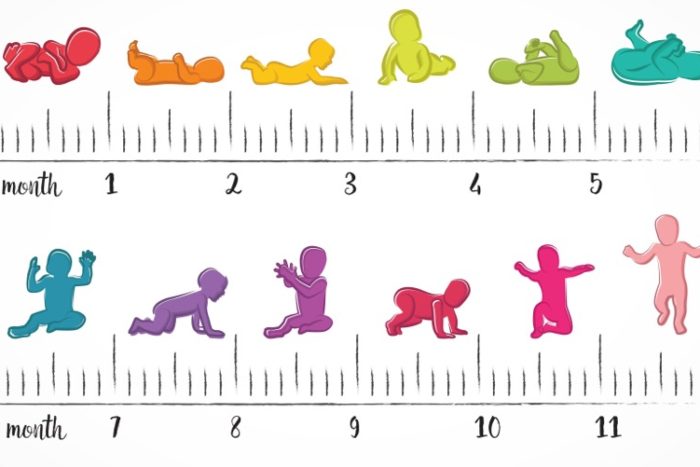Childrens Nosebleeds

What Causes Nosebleeds In Children
During childhood there are a few things that are a certainty, for example, getting a scraped knee from playing too hard, losing a tooth, and getting a nosebleed.
Several children that are of preschool age incur many nosebleeds each week. It is usually non-critical. It can cause vomiting if the child ingests a great deal of the blood, this is why tilting the head back is not suggested as a useful treatment, because this will cause the blood to run down the throat and into the stomach.
Common Causes of Nosebleeds
Numerous scenarios can be the cause of your child’s nosebleeds. The most typical include:
- Allergies/Colds: Swelling can be a result of colds and allergies, and can cause hypersensitivity of the inner nose and spontaneous bleeding may occur.
- Inner/Outer Trauma: Getting hit in the nose during sports, inserting objects to the inner nasal cavity including a finger, or simply blowing too hard when the inner tissues are fragile.
- Dangerous Fumes/Extremely Dry Conditions: Whether you simply didn’t invest in that humidifier during the low humidity season, or your child has persistent exposure to fumes that can irritate the nasal cavities frequent nosebleeds may occur.
- Unexpected Growths/Structural Abnormalities: Polyps and other growths can cause issues with the structure of the nasal cavity causing crusting that leads to bleeding. Most often these abnormalities are benign, but they still require investigation from a physician to rule out serious issues.
- Clotting Complications: Many medications including aspirin and warfarin cause the blood to thin leading to a nosebleed.
- Long-Term Illness: Some chronic illnesses require medications or oxygen which an alter the moisture levels inside of the nose.
Nosebleed Common Myths
It is important to remember when treating nosebleeds that there can are several mistaken beliefs.
It is important to stay calm. Letting yourself become frenzied can in-turn scare your child. Most nosebleeds are not serious. Have your child…
- Sit or stand with their head tilted a bit forward
- Instruct them to softly blow their nose
- Gently press the soft/lower portion of their nose for an extended period (about ten minutes)
Do Not Stop intermittently to check for bleeding. After the ten minutes has passed, you may inspect the nasal cavity for bleeding. If bleeding continues to occur, repeat the pressure process once more. If after 20 full minutes the bleeding progresses, call a pediatrician.



Leave a Comment